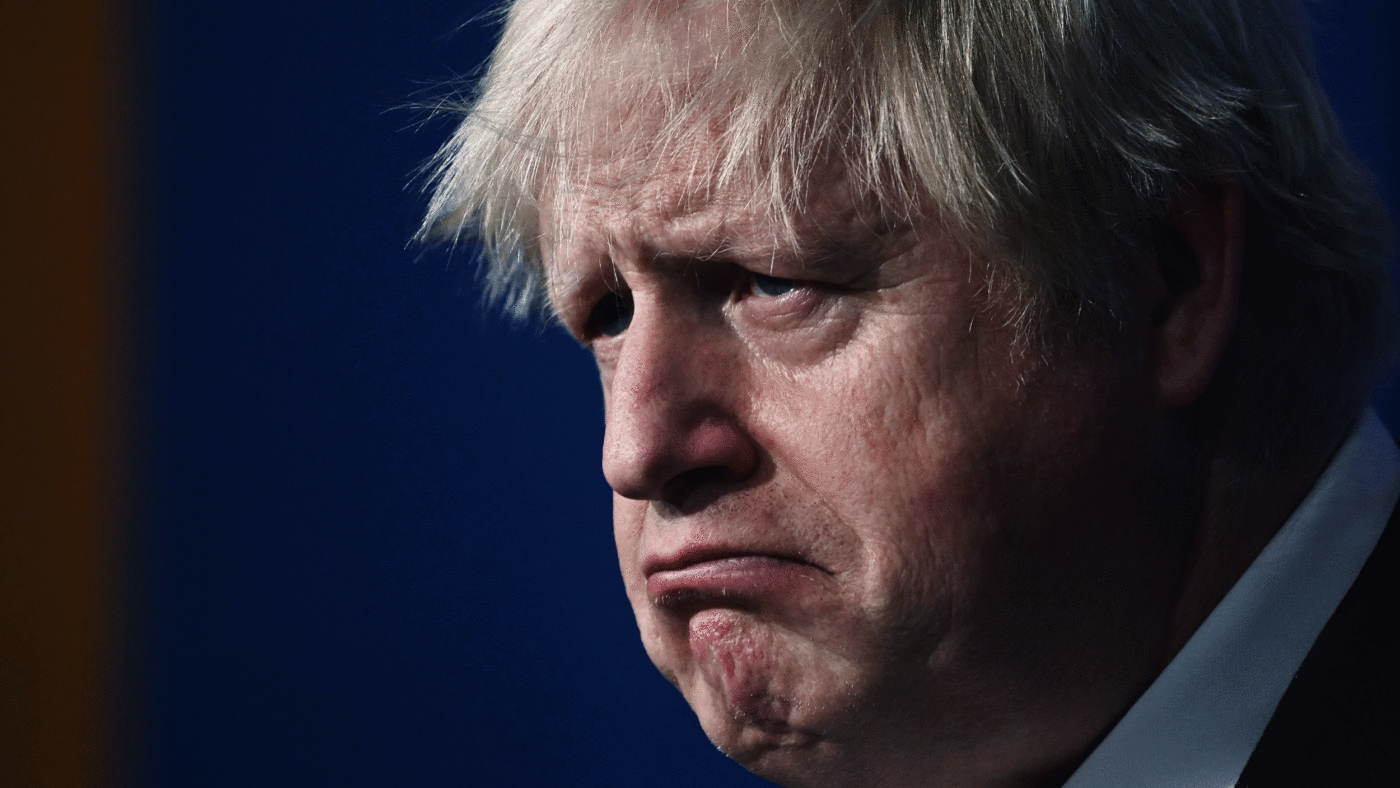Boris Johnson’s satisfaction and favourability ratings have clearly been hit recently amid public concerns about scandals in Downing Street. But Ipsos’ latest Issues Index shows that the level of public concern about their lack of trust in politics has actually fallen by 8 points since last month – although it still stands as the second highest level of importance we’ve seen on this issue since we started tracking it over five years ago. However, the latest findings highlight an even bigger worry for the Prime Minister and the new team around him in Downing Street. Inflation and the economy.
Now, these latest Ipsos findings do not mean that people don’t care about scandals in Downing Street anymore, just that fewer of them think it’s one of the most important issues facing the country right now. And you can see why. Concern about inflation is up, and our Economic Optimism Index has been resolutely pessimistic since the autumn, while concern about foreign affairs is also on the rise, and the fieldwork for this research was prior to the events in Ukraine this week.
As concern about the pandemic continues to recede (down 19 points since January), the economy is now the number one issue facing the country, according to Britons, while inflation now ties with the pandemic in joint second place. Similarly, while we’ve seen worries about new waves of coronavirus and particularly another lockdown fall in recent months (though not disappear completely), fears about a recession show no signs of lessening from last year.
Concern about inflation has doubled in the last month to 22% of Britons saying they think inflation is an important issue facing Britain today. This is the highest level we’ve seen since October 2008, at the height of the financial crash. And looking back over the last 20 years, the average level of concern about inflation has been around 8%, so we’re currently at almost three times that average level of concern. Of course, it is still some way from the 60-80% levels that Ipsos recorded in the 1970s, but the other historical lesson we learn is that concern tends to track the actual prices index, so public concern is unlikely to be over yet.
And this should be worrying to the Government. There’s a reason that David Cameron spent years talking about a ‘long term economic plan’. Voters care about the economy, and they particularly care about how it’s going to affect them. People see inflation every day, not just in the abstract being talked about on the news, but when they go to fill up their cars; when their energy bill comes; when their rent goes up and when they go to buy new shoes for their kids.
A poll Ipsos released two weeks ago showed that over half of Britons felt that the rising cost of living had not been discussed enough, as well as finding that the public are split on supporting the National Insurance Increase, which will take effect from April. This just highlights that Britons have money on their minds.
What will be even more worrying for the Government is that the concern about inflation cuts across every age group, ethnic background, social grade and political outlook. And what’s more, it’s an economic issue where the public trust Labour more than the Conservatives, by 38% to 21%. That’s why Boris Johnson should be looking at the issue of inflation very closely. Because on top of the deflation of his ratings over scandals, inflation and the economy has the very real potential to burst his electoral bubble come the next election.
Click here to subscribe to our daily briefing – the best pieces from CapX and across the web.
CapX depends on the generosity of its readers. If you value what we do, please consider making a donation.


